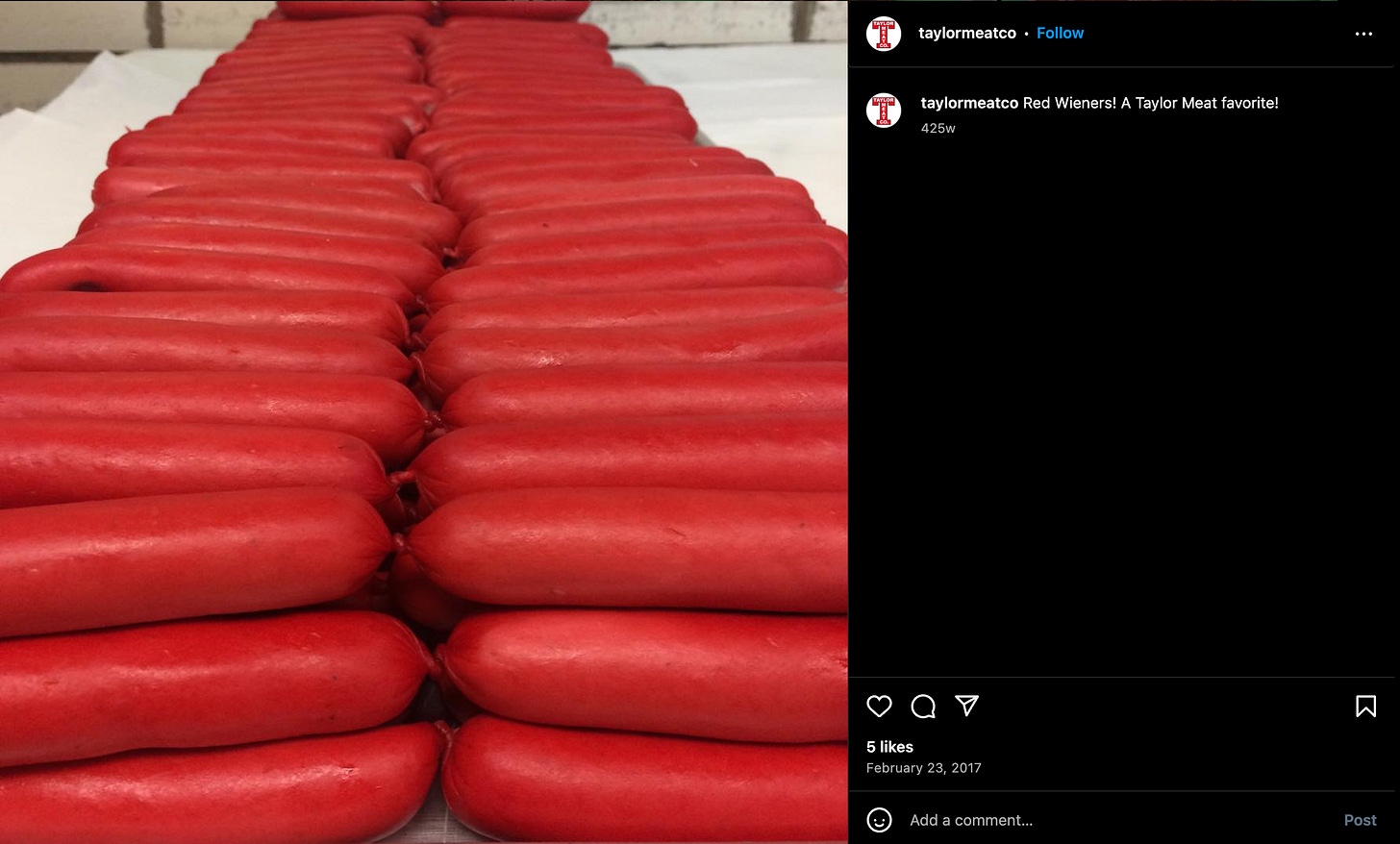I’m going to try to be very honest. Pulling this essay off will be like hurling a basketball from the free throw line. I’m going to try—but it may bounce off the rim.
It started like this, with telling myself a brutal truth: that my “collection” of unused notebooks simply represented the deep desire but chronic inability to creatively generate. Those sleek little Moleskines were my nudie mags. My pin-up calendars. I was creatively lustful but deeply impotent.
As soon as I realized this, I stopped buying new notebooks and started journaling in the ones I had, filling them up until I felt I had hit some thematic finish.
Did this solve my impotence? No.
While it temporarily gave the feeling of potency (and was a good start), it proved to be only a further delusion. Because I am deluded.
My notebooks, instead of being blank, simply became full of circular attempts at defining myself against various contexts I could not emotionally process. The result is a strange self-mythology, full of confident but untrustworthy conclusions.
“I ate vegan today and will try to for a while. I just feel better when I don’t eat meat and don’t miss it,” I wrote.
That is a lie. Hot dogs are one of my favorite foods. In fact, the town where I’m from—Taylor, Texas—produces a popular line of red dogs: Tip Top Wieners (which I grew up on- A Family Favorite!).
I’ve tried to be vegan, to be enlightened, but these dogs are whipping me - whipping me!
To be real with you, I’ve often felt vaguely self-deluded and not particularly trustworthy with my own sense of footing. Even when I’m describing periods of “just letting go,” “slowly learning,” and trying to be “present,” the result is often lofty and estranged writing with a subtle undercurrent of neuroticism. Certainly, no narrative seemed to stick—just like I couldn’t finish a project or maintain a hobby to save my life. The only thing that did stick was apparent need to convince myself I had found the next “thing” that was going to be “my thing”, when in reality, I simply had no clue.
The second I just STOPPED making up stories about myself, something came to me—like the sun shining through newly parted clouds: an angel named Specificity. She is the angel of all good writers, creatives, and the like. She has even endowed my beloved wieners with their specific charms: their artificial color, dextrose, and 640 milligrams of sodium per wiener.
When she came to me, she told me flat out that I am not a vegan. I am a Tip Top Red Wiener Lover.
Voilà, potency.
Stop piddling around. Get real. That’s her main vibe. Once I saw her acute power, I couldn’t unsee it.
For example:
I could tell you that I hang around older lesbians and we go to cafés. Snooze.
Or I could tell you what I really, honestly, specifically, saw, the last time we hung out—how one pulled tea bags out of her purse while another ranted about the finance cult controlling Donald Trump, while yet another one grabbed a woman’s hand but quickly released it.
See? That’s better. It suggests why I actually like being there with them—the real energy I get out of it. It would do me much better to just say that instead of trying to make a theme of it. Specificity is speaking for herself.
In that example, “lesbian,” as a word I’ve defined before, is a macro concept—and on its own is simply too culturally loaded to be nuanced, so when applied to people grammatically, can be rather uninteresting. Many macro concepts are when you write them on a sticky note and slap them down.
You are a communist. You are a salesman. You are a mother. And then what? Hot take: This is what makes identity art so incredibly boring and over-served. Because identity is boring without you in it. Macro concepts manifest in culture as huge chunky IKEA furniture words but manifest as specificity in individuals in unknown, novel, and exciting ways. Therein lies true narrative power. Hot take: this is what makes good identity art really really good. 1
We call it “stereotypes”—this idea of how “lesbian” (or any other concept) manifests in an individual. Stereotypes are pre-packed ideas we expect to carry all of a person’s energy. The reality is, they often don’t. And if you try to be an aspirational kind of stereotype—the girlboss, the 5 a.m. sun-salutation raw vegan—you expect the energy to flow and yet find yourself googling “McDonald’s Mukbang” and eating crusty white chocolate out of your pantry.
A pre-packed story will never work, because it’s in the non-typical details that identity and energy actually thrive—including the many snags, snares, and contradictions of personality.
Change is possible, sure—but your specifics don’t necessarily need to be changed at all. They can be wielded to build intimacy, interest, and goodwill. You can tell better stories with them, write filthy fanfiction. Grab a woman’s hand and let it go! How about writing not just a lesbian romance, but a lesbian romance set in a forbidden basement print shop on the eve of World War II. There you go! Maybe one of the lesbians likes smoking a big pipe. Bing! Specific!
I use specificity often now, to try and be as honest as I can be—with YouTube, with my writing, but mostly with myself.
If faced with impotency, specificity is a fine pill to swallow. I myself am done with pre-made narratives and vaguery.
I will sick to the pre-made wieners.
Barbara Hammer: https://barbarahammer.com/films/tender-fictions/
Martine Syms: https://mcachicago.org/publications/video/2022/martine-syms
Puppies Puppies (Jade Guanaro Kuriki-Olivo): https://art21.org/watch/new-york-close-up/puppies-puppies-jade-guanaro-kuriki-olivo-radical-transparency/






Please never delete this. I’m going to need to come back from time to time when I forget that the answer to all of my problems is specificity.
i’ll read this eight times more so i get it stuck to my brain and live with it glued in my head
this is probably enlightenment